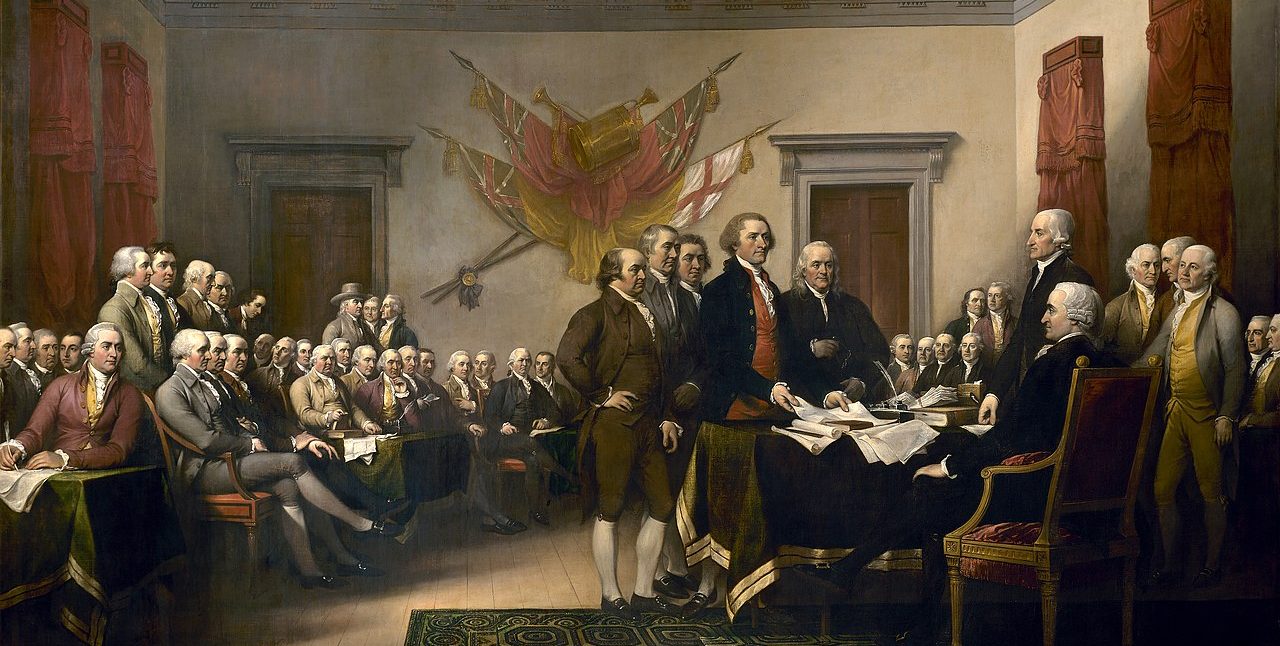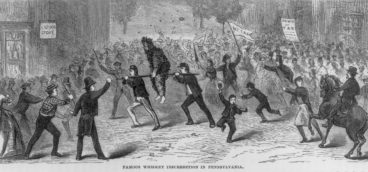To Greatness – and Beyond!

“To infinity – and beyond!” – Buzz Lightyear
With thanks to Buzz Lightyear, let’s take a look, first, at the astonishing world America created after World War II, and then we’ll watch as that world crumbles and re-forms into the dystopian future we are hurtling toward.
Late last year I wrote a series of essays in which I argued that the world was moving into a condition of unipolarity with the US as global hegemon – as it had been after the collapse of the Soviet Union more than thirty years ago. This condition was the result of the relative decline of China and Europe, while America continued to grow robustly. And I argued that this was a very good thing, considering the alternatives.
If the post-World War II era had evolved the way every other post-war era had evolved since Mesopotamia (i.e., 6,000 years ago), the US would simply have built itself a global empire, subjugating everyone it could subjugate. It could easily have subjugated Europe and Japan – in fact, it had already done so – and there was no other country anywhere that could hold a candle to the US militarily. (As noted above, the Soviet Union was an imposter for a while.)
But the US didn’t build an empire and it didn’t begin siphoning everybody’s wealth and sending it back to Washington, D.C. Having itself been a victim of colonialism, the US had a different idea.
Following the end of World War II, the US knew perfectly well that it dominated the world like no other nation before it – not the Persian Empire, not Rome, not the British Empire. But through a series of political and military strategies the US created not an empire but a world in which it alone policed the globe, daring anyone to launch hostilities. And because no country had even a fraction of the military power of the US, no one did, at least not on any alarming scale.
Sure, everyone whines about Vietnam, Iraq, Afghanistan, but compared to World War I and World War II – hell, compared to nineteenth century wars like the Napoleonic Wars and the American Civil War – those conflicts barely qualify as minor skirmishes. Let’s face it, if you are going to be the world’s policeman, you are sometimes going to get it wrong – but if you merely sit on your hands, you aren’t the world’s policeman.
The US didn’t set itself up to police the world because it wished to dominate other societies or even because it was benevolent, but because it was urgently trying to prevent yet another world war. World War II had been the largest and deadliest conflict in the history of civilization, and given the rapidly evolving state of military technology, the next war could be expected to prove even more costly.
The US had played the decisive role in World War II, and it was obvious that it would have to play the decisive role in any new world war – a situation America desperately wanted to avoid. By establishing itself as the world’s policeman the US was calculating that it would be better to fight occasional small wars rather than allow a great war to break out.
But if the US was going to take on the expensive and often unpopular role as the world’s cop, it wanted something in return – namely, a liberal world order that championed democracy, human freedoms, and free markets.
While World War II was still being fought, delegates from more than fifty countries gathered at the quaint Mount Washington Hotel in Bretton Woods, New Hampshire, where they approved the creation of the first global monetary system in history. Henceforth, all currencies would be convertible into the US dollar, which in turn would be convertible into gold.
Along with newly formed institutions such as the World Bank (1944), the International Monetary Fund (1945), the United Nations (1945), and, later, the World Trade Organization, Bretton Woods brought into being the liberal world order the US wanted and would dominate for many decades.
But while US policy was focused on preventing World War III, it quickly became evident that this America-created world order had many other very positive features. As the US military scanned the globe for potential trouble, and especially as the vast US Navy sailed the Seven Seas, countries all over the world recognized that it was now safe to trade with each other.
No matter how small a country’s military capacity might be, it no longer mattered – the US acted for every peacefully-trading nation exactly as though that nation was an American state. Under Pax Americana, global trade exploded and global GDP exploded along with it.
The results were spectacular. Over the seventy-five years following the end of World War II – roughly a human lifetime – there was no world war and indeed no major wars at all. There was no nuclear conflict. At the same time, the world became wealthy beyond anyone’s imagination, with billions of people rising out of misery and into something approaching a decent life.
In 1820, before the Industrial Revolution, 80% of the world’s population lived in extreme poverty. By 1940, 60% still lived in extreme poverty. Today, post-Bretton Woods, that number has dropped to less than 10%. If it hadn’t actually happened, no one would believe it.
Of the roughly 120 billion people who have ever lived, the ones that lived after 1945 were the most fortunate of all. In the long, 300,000 years of homo sapiens’ existence the most recent seventy-five years have been, far and away, the best.
Alas, nothing good lasts forever and nothing that good could be expected to last even a century – we human beings are far too stupid. As I’ve pointed out elsewhere in these pages, human civilization is like a very fine suit of clothes that is just slightly too small for us. No matter how hard we try not to, we will eventually rip the thing apart at the seams.
We’ll gaze into the resulting abyss next week.
Next up: To Greatness – and Beyond! Part 2

















